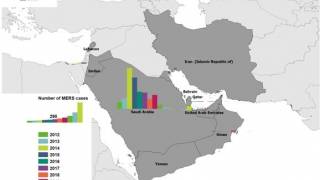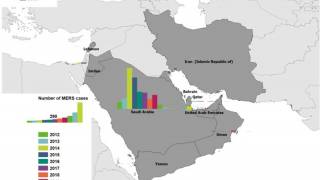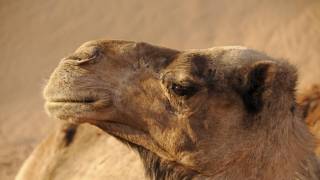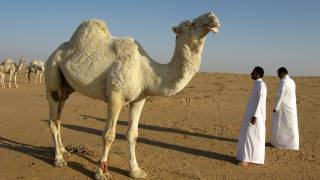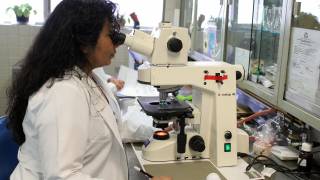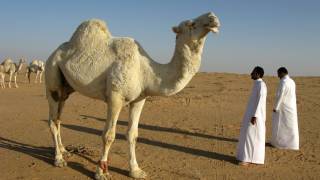Saudi Arabia Reports 14 More MERS Coronavirus Cases

The World Health Organization (WHO) reported 14 Middle-East Respiratory Syndrome Coronavirus (MERS-CoV) cases during May 2019.
These 14 patients are located in the Kingdom of Saudi Arabia. Unfortunately, 4 patients have died from MERS-CoV infections.
This outbreak is presumed by the WHO to have been stopped due to proactive measures taken by Saudi Arabia.
Currently, there are no preventive vaccines available for MERS.
Furthermore, the epidemiological characteristics of these new MERS cases do not show any significant difference when compared during the period of 2013 to 2019. The 50–59 years age group continues to be at the highest risk for acquiring a MERS infection.
In total, 2,442 laboratory-confirmed MERS cases, including 842 associated deaths have been reported worldwide since April 2012.
The vast majority of these MERS cases were reported from the Kingdom of Saudi Arabia, 2,051 cases, including 765 related deaths.
This data represents a case–fatality rate of 37.3 percent.
MERS is a viral respiratory illness caused by a coronavirus (MERS‐CoV) that was first identified in Saudi Arabia in 2012.
Coronaviruses are a large family of viruses that can cause diseases in humans, ranging from the common cold to Severe Acute Respiratory Syndrome, says the US Centers for Disease Control and Prevention (CDC).
A typical case of MERS includes fever, cough, and/or shortness of breath. Pneumonia is common, however, some people infected with the MERS virus have been reported to be asymptomatic.
Severe cases of the MERS virus appears to cause more severe disease in people with weakened immune systems, older people, and people with chronic diseases such as diabetes, cancer, and chronic lung disease.
MERS-CoV is a zoonotic virus, meaning it is transmitted between animals and people. Scientific evidence suggests that people are infected through unprotected direct or indirect contact with infected dromedary camels.
The MERS virus does not pass easily between people unless there is close unprotected contact, such as the provision of clinical care to an infected patient without strict hygiene measures.
Transmission between people has been limited to date and has been identified among family members, patients, and health care workers.
Infected people with no symptoms have been identified because they were tested for MERS-CoV during investigations among contacts of people known to be infected.
The role of asymptomatic infected individuals in the transmission is currently unknown and under investigation, says the CDC.
There is potentially good news regarding vaccines. There are several vaccine candidates for MERS in development.
During April 2019, a collaborative team from The University of Texas Medical Branch at Galveston (UTMB), Saudi Arabia and Canada developed a potent and safe vaccine that protects against MERS.
This team incorporated CD40L into rAd5-based MERS-CoV S1 vaccine to enhance immunogenicity and efficacy, but also prevent inadvertent pulmonary pathology post-viral challenge.
In this pre-human study, the research team made 2 versions of a potential vaccine and evaluated their effectiveness and safety in mice.
“In the past, we’ve mainly focused on developing universal influenza vaccines by targeting the viral proteins to specific cells that have a molecule called CD40 on their surfaces. We modified and optimized our earlier vaccine platform to generate new potential MERS vaccines,” said senior author Chien-Te K Tseng, a professor in UTMB’s Centers for Biodefense and Emerging Diseases, in a press release.
Additionally, lead author Anwar Hashem, associate professor at King Fahd Medical Research Center and Faculty of Medicine, Saudi Arabia, said “Our platform offers a promising strategy for enhancing the safety and potency of the MERS vaccine and can also be utilized to enhance the safety and efficacy of vaccines against a broad range of pathogens.”
Previous MERS news:
The WHO does not currently recommend restrictions on travel with regard to MERS-CoV. But, the WHO does suggest travelers to Middle East countries should avoid visiting farms, markets, barns, or other places where dromedary camels are present.
Our Trust Standards: Medical Advisory Committee




